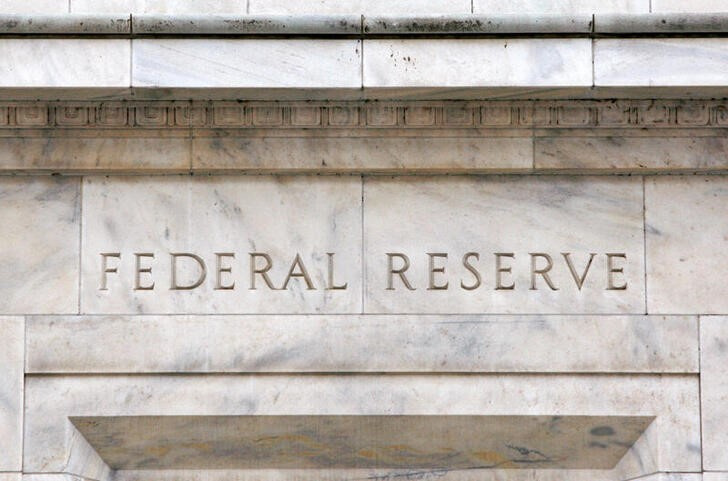Fed Officials Committed to Battling Inflation as Labor Market Concerns Arise
Two officials from the U.S. Federal Reserve conveyed a message of determination in controlling inflation while emphasizing the goal of not harming the labor market. Fed Governor Adriana Kugler and San Francisco Fed President Mary Daly stated that more steps need to be taken to bring inflation down to the 2% target level. However, they expressed that this process should not negatively affect the employment market.
Last year, the Fed made progress in curbing inflation by reducing interest rates to a range of 4.25%-4.50%. Inflation fell to 2.4% in November, after peaking at around 7% in mid-2022. Nonetheless, this rate still exceeds the Fed's 2% target. Assessments made in December indicated that the process of reaching this target was expected to take longer than anticipated.
Fed members do not want additional slowdown in the labor market. Adriana Kugler noted that they wish for the labor market to remain strong, saying, "We are not at the point of celebrating yet, but we desire for the unemployment rate to stay at its current level and not rise rapidly." Kugler emphasized the importance of maintaining economic stability while continuing the fight against inflation.
San Francisco Fed President Mary Daly stated that a potential slowdown in the labor market could yield undesirable outcomes. Daly expressed, "I do not want to see further slowdown in the labor market. There may be gradual ups and downs, but there should not be any additional slowdown." Daly's remarks reflect the Fed's effort to maintain a balanced approach in its monetary policy.
Richmond Fed President Barkin believes that interest rates should remain restrictive for an extended period. Barkin asserted that rates should not be lowered until inflation can reliably reach the 2% target. He mentioned, “Considering the risks of inflation, I see more upside risks than downside risks.” Barkin disagreed with the viewpoint advocating for lowering rates to neutral levels.
Although Barkin does not have voting rights on the Fed's interest-setting committee this year, his comments mirror the discussions on policy within the central bank. He stated that consumer spending is expected to remain strong and that businesses have an overall positive outlook regarding the new administration's business-friendly tax and regulatory policies. He indicated that this situation supports the overall outlook for the economy.
Fed policy and Trump administration effects. Thomas Barkin reminded that elected President Donald Trump would take office at the end of the month, highlighting the uncertainties on how the new administration's policies would affect the economy. The Trump administration's regulatory and tax policies aimed at businesses are expected to create a positive economic atmosphere. However, it has been noted that inflation risks should not be overlooked during this period.
The statements of Fed officials shed light on the challenges in the U.S. central bank's policy-making process and the differing views on the steps needed to combat inflation. Additionally, protecting the labor market and ensuring sustainable economic growth are critical issues on the Fed's agenda.


